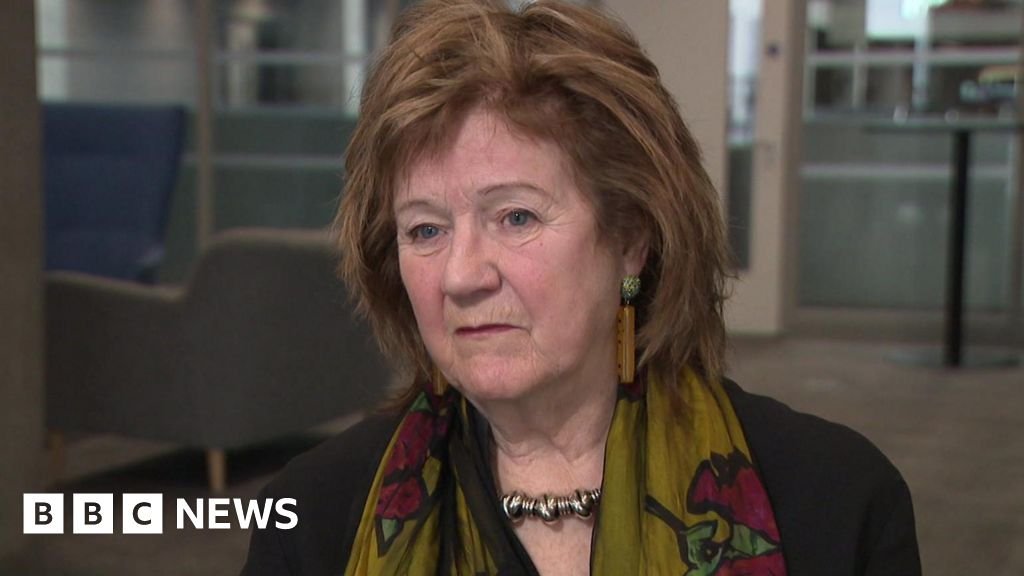The Church of England risks further crisis if it fails to adopt a sweeping new independent system to keep people safe, the former head of a national inquiry into child sexual abuse has said.
On Tuesday, after numerous abuse scandals, the Church’s national assembly votes on options to radically change its safeguarding processes.
One of the systems being considered is based on a model proposed by Professor Alexis Jay who was asked by the Church for her input.
But some members of the Church have cast doubts about the system that comprehensively hands the process for dealing with abuse allegations to an outside organisation.
The resignation of the Archbishop of Canterbury over his handling of a prolific abuser and questions about the Archbishop of York’s handling of another case have added a sense of urgency to make changes.
At the Church’s General Synod, two models are being put to the vote on Tuesday, both involving some measure of independence.
The first involves creating an independent central safeguarding team for the Church. The second would also make the Church’s safeguarding officers around the country part of that independent body.
After years of the Church of England being accused of failing to “mark its own homework”, Prof Jay, a respected figure in child protection, feels only the second model goes far enough.
“I think it’s absolutely necessary because church safeguarding as it stands falls below the standards of secular organisations, and I do not think that can continue when it has also led to such serious weaknesses,” she told the BBC.
In summer 2023, Prof Jay was asked by Archbishop Justin Welby to advise on how the Church could “outsource” safeguarding.
She said she was not asked to investigate whether the Church needed safeguarding that was independent of the Church, but asked for a detailed plan for an effective.
“I’m glad the General Synod is going to be debating a model that largely reflects what I was asked to do in the report I published last year, a model of full independence,” she said.
Prof Jay said there would be dire consequences if Synod members did not vote for the more complete model of independence.
“I think that not adopting that version would mean it would be a matter of time before yet more safeguarding crises occurred, and there would be a renewed calls for radical action to be taken,” she said.
Some within the Church have raised concerns about Prof Jay’s preferred option because they fear it is too radical a model and not a well-tested one.
“Whether or not there are precedents is absolutely not the point,” she said.
“There is also the option for the Church to commission an existing charity with a track record in care and support for children and vulnerable adults to ask them to carry out this work.”
Prof Jay also dismissed suggestions that making the system independent would mean that some within the Church would no longer feel safeguarding was their responsibility too.
But she said choosing the correct system to deal with abuse allegations would only resolve part of the problem, saying cultural issues – like deference to authority figures in the Church – were also hampering progress.
Some within the Church have questioned Prof Jay’s understanding of the way in which the institution works but she said it was criticism she expected.
“I was asked to do a piece of work. I did it. I knew quite well that it would be problematic for some, but the Church must face up to its responsibilities and do what they need to do,” she said.
If it is voted through, the fully independent model should then be delivered by a team committed to its success, she added.
It is estimated that could yet take around three years.
A spokesperson for the Church of England said the synod will decide between “two proposed models that significantly strengthen the independence of safeguarding structures” this week.
“We recognise the deep and lasting impact of abuse and are committed to ensuring that safeguarding in the Church is independent, transparent, and accountable,” they added.

